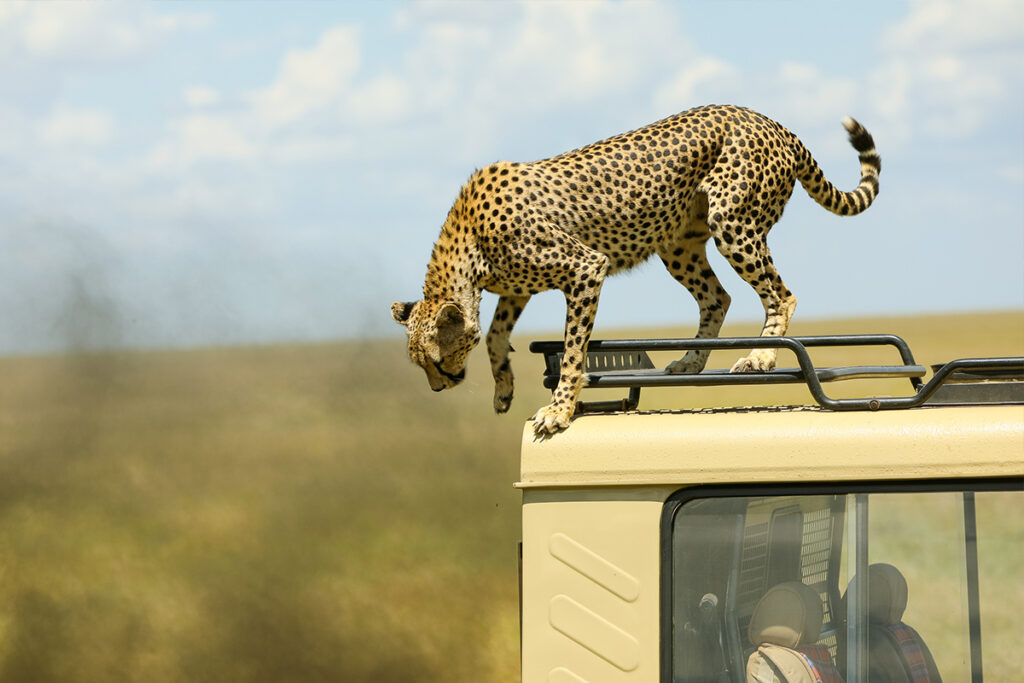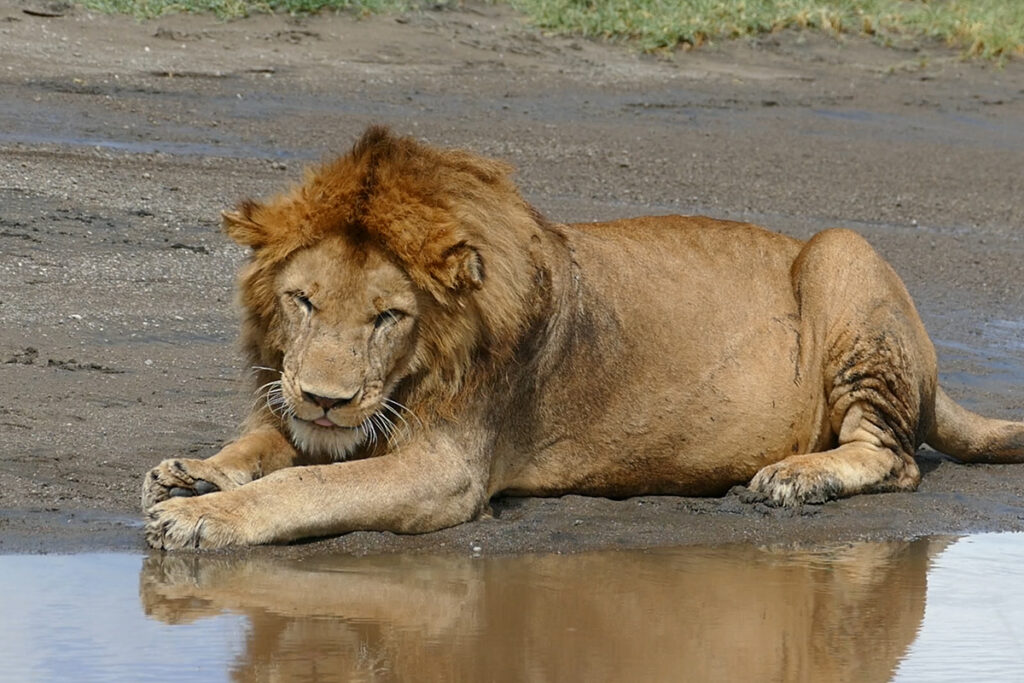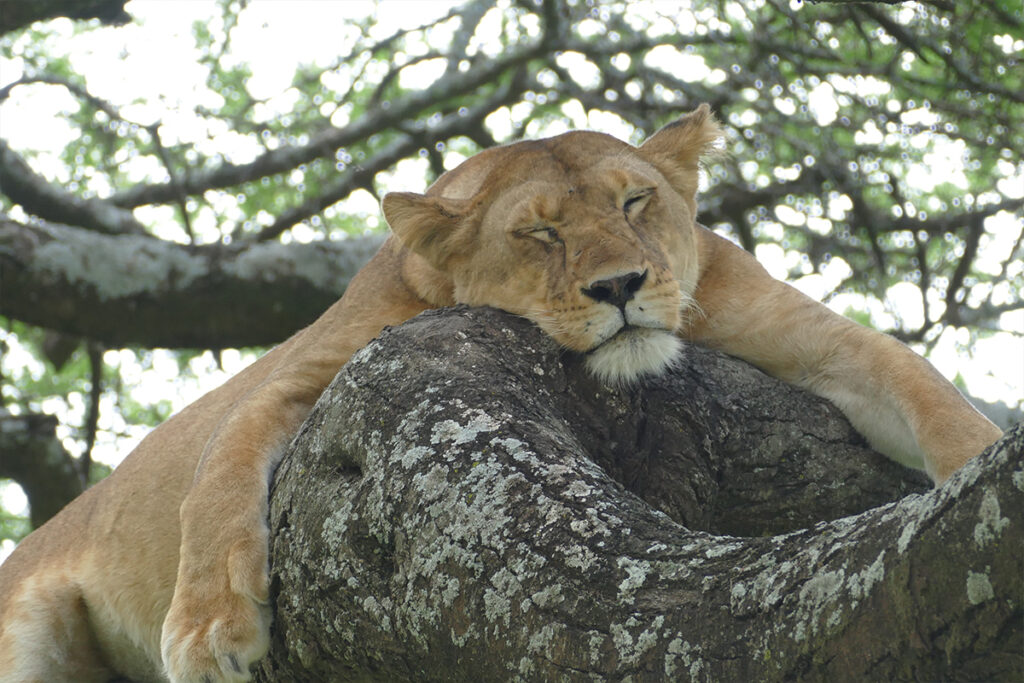Tanzania is renowned for its breathtaking safaris and diverse wildlife. From the vast plains of the Serengeti to the iconic Ngorongoro Crater, it’s a top destination for nature lovers. But with this popularity comes the responsibility to protect these ecosystems from the potential harm of mass tourism. Traditional safari practices, if not managed carefully, can negatively impact wildlife and local communities.
That’s where sustainable tourism and eco-friendly safaris come in. These practices ensure that safaris not only provide visitors with unforgettable experiences but also contribute to conserving wildlife and supporting local livelihoods. In this guide, we’ll explore what makes a safari eco-friendly, the benefits of sustainable tourism, and how you can choose responsible options for your next Tanzanian adventure.
What Is Sustainable Tourism and Why Does It Matter?
Sustainable tourism goes beyond minimizing negative impacts—it actively works to create positive outcomes for the environment, local communities, and the economy. It involves managing resources in a way that ensures wildlife habitats remain intact, local cultures are respected, and tourism revenues are reinvested into conservation and community projects.
Key Principles of Sustainable Tourism:
- Environmental Protection: Reducing carbon footprint, protecting wildlife, and preserving habitats.
- Community Involvement: Empowering local communities and ensuring they benefit from tourism.
- Economic Responsibility: Ensuring that tourism dollars contribute to long-term development.
By choosing eco-friendly safari options, travelers can help ensure that Tanzania’s incredible wildlife and landscapes are preserved for future generations.
Benefits of Eco-Friendly Safaris
Eco-friendly safaris are designed to have minimal impact on the environment while contributing to conservation and community development. Some of the key benefits include:
1. Wildlife Conservation
Eco-friendly safaris prioritize the protection of wildlife by adhering to responsible viewing practices, supporting anti-poaching efforts, and avoiding activities that could disrupt animal behaviors.
2. Supporting Local Communities
Sustainable tourism creates job opportunities and income for local communities, helping to reduce poverty and incentivize the protection of natural resources.
3. Minimizing Environmental Footprint
Eco-friendly lodges and camps often use renewable energy, minimize water consumption, and implement waste management practices to reduce their impact on the environment.
Choosing an Eco-Friendly Safari Operator in Tanzania
Not all safari operators are created equal when it comes to sustainability. Here’s what to look for when choosing a sustainable safari:
1. Eco-Certifications
Look for certifications like Eco Tourism Kenya, Travelife, or Green Tourism. These indicate that the operator follows sustainable practices and adheres to environmental standards.
2. Wildlife Viewing Policies
Check if the operator follows ethical wildlife viewing guidelines. This includes maintaining a safe distance from animals, limiting vehicle numbers, and avoiding off-road driving.
3. Community Involvement
Choose companies that engage with local communities by employing local guides, sourcing produce locally, and supporting community projects.
4. Conservation Contributions
Responsible operators often contribute a portion of their revenues to conservation projects, such as anti-poaching patrols or habitat restoration.
| Criteria | Why It Matters | Example |
|---|---|---|
| Eco-Certifications | Verifies commitment to sustainability | Green Key, GSTC, Fair Trade Tourism |
| Ethical Wildlife Viewing | Prevents stress and habitat disruption | Safe distance policies, limited vehicle numbers |
| Community Engagement | Supports local livelihoods and cultural preservation | Employing local staff, community projects |
| Conservation Contributions | Funds critical wildlife and habitat protection efforts | Donating to anti-poaching initiatives |
Eco-Friendly Safari Lodges and Camps in Tanzania
When planning your eco-friendly safari, choosing the right accommodation is crucial. Many lodges in Tanzania have adopted sustainable practices, from using renewable energy to supporting local communities. Here are some top choices:
1. Sayari Camp, Serengeti
- Features: Solar power, eco-friendly construction, community outreach programs.
- Conservation Focus: Supports Serengeti de-snaring projects to protect wildlife from traps.
2. Chem Chem Safari Lodge, Tarangire
- Features: Solar energy, water conservation, low-impact architecture.
- Community Focus: Funds local education and healthcare initiatives.
3. Rhotia Valley Tented Lodge, Karatu
- Features: 100% solar-powered, eco-friendly design, community-owned.
- Community Impact: Profits go to a children’s home and local schools.
| Lodge Name | Sustainability Initiatives | Location |
|---|---|---|
| Sayari Camp | Solar-powered, supports anti-poaching efforts | Serengeti National Park |
| Chem Chem Safari Lodge | Low-impact architecture, funds community healthcare | Tarangire National Park |
| Rhotia Valley Tented Lodge | Solar energy, profits go to local community projects | Karatu, near Ngorongoro |
Eco-Friendly Safari Activities in Tanzania
To truly enjoy an eco-friendly safari, consider engaging in activities that have a low impact on the environment:
1. Walking Safaris
Walking safaris are a fantastic way to experience Tanzania’s wilderness without disturbing the environment. They offer a more intimate connection with nature, allowing travelers to see flora and fauna up close while learning about the ecosystem from an expert guide.
2. Photographic Safaris
Photography safaris focus on capturing wildlife moments without intrusion. They often use quieter vehicles and prioritize undisturbed environments, giving photographers the chance to document nature ethically.
3. Community-Based Cultural Tours
These tours provide a deeper understanding of local cultures, such as visiting Maasai villages or learning traditional crafts. By participating, you directly support local communities and help preserve cultural heritage.
Tips for a Sustainable Safari Experience
Here’s how you can travel more responsibly on your Tanzanian safari:
- Choose Refillable Water Bottles: Avoid single-use plastics by using refillable bottles. Many eco-lodges provide filtered water stations.
- Pack Eco-Friendly Toiletries: Bring biodegradable soaps and shampoos to reduce chemical impact.
- Follow Park Rules: Respect park guidelines on vehicle speed, noise levels, and designated tracks.
- Respect Wildlife: Keep a safe distance, don’t feed animals, and avoid making loud noises.
- Support Local Artisans: Purchase souvenirs from local markets and support community-run businesses.
Supporting Conservation Through Sustainable Tourism
Every choice you make as a traveler can contribute to conservation. By opting for eco-friendly safari operators and lodges, you’re directly supporting efforts to protect Tanzania’s unique wildlife and habitats. Here are some ways your tourism dollars can help:
- Anti-Poaching Initiatives: Funds from eco-friendly safaris often support anti-poaching units that protect endangered species.
- Habitat Restoration: Lodges involved in tree-planting or wetland restoration help maintain critical wildlife habitats.
- Community Education Programs: Tourism revenues can fund educational programs that teach locals about conservation and sustainable practices.
FAQs
1. What makes a safari eco-friendly?
An eco-friendly safari minimizes environmental impact by using sustainable practices, supporting conservation efforts, and engaging with local communities.
2. Are eco-friendly safaris more expensive?
Not necessarily. While some luxury eco-lodges may have higher costs, many mid-range operators offer affordable options with sustainable practices.
3. How can I tell if a safari operator is truly sustainable?
Look for certifications like GSTC or Fair Trade Tourism, research their conservation initiatives, and read reviews to understand their commitment to sustainability.
4. Can sustainable tourism really make a difference?
Yes, sustainable tourism can have a significant impact by funding conservation projects, reducing environmental footprint, and empowering local communities.



